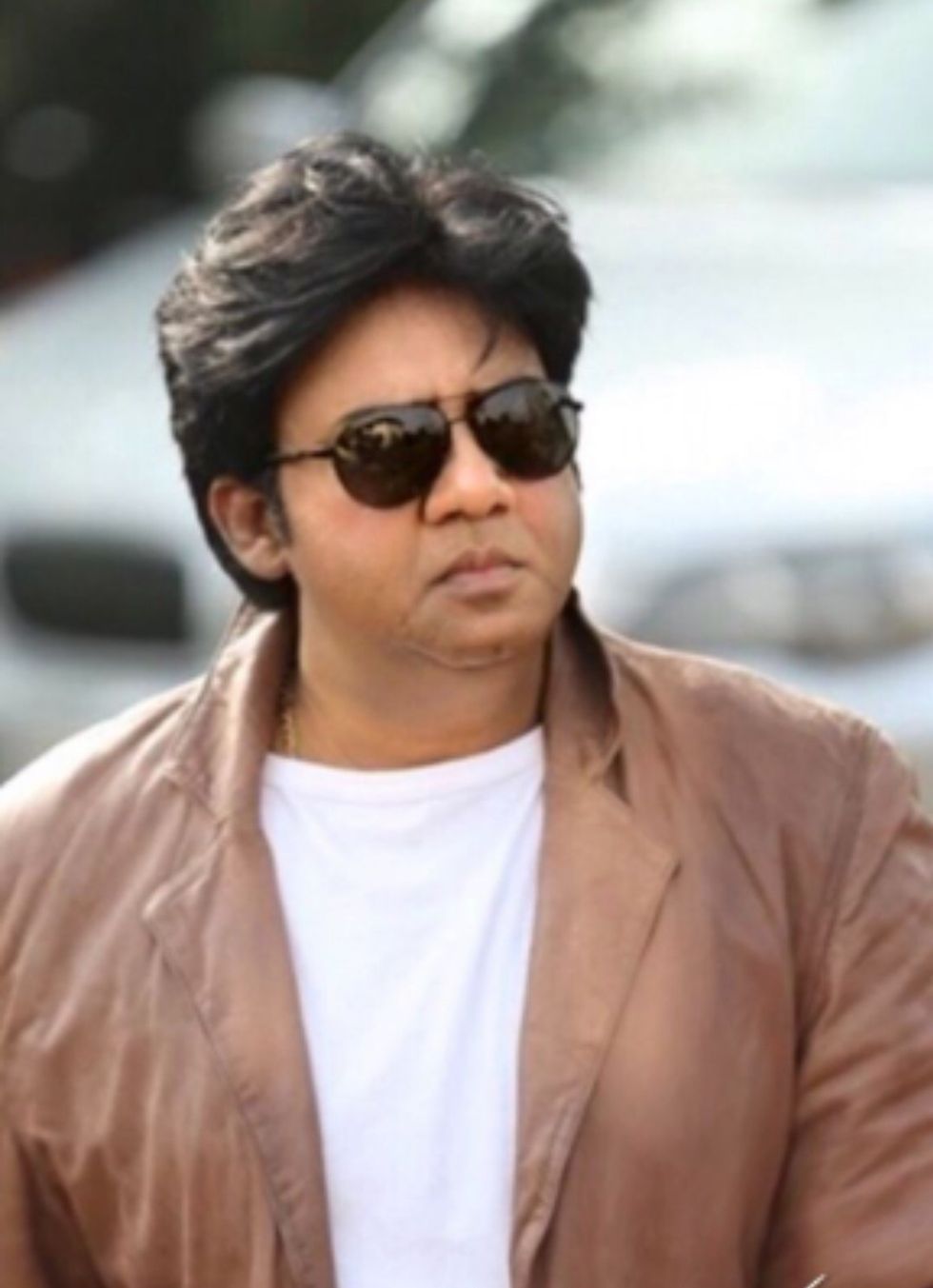RESPECTED filmmaker Rajkumar Kohli had taught Vikash Verma about film directing, but it was a trip to Poland that started the interesting journey he is now on.
Family friend Ajay Bisaria was the Indian ambassador to the country and asked him to make a movie on Raja Jam Saheb, who had given shelter to 1,000 Polish child refugees during the Second World War, including one who became the prime minister of Poland.
Sanjay Dutt came on board to play the lead role for The Good Maharaja and while preparing for that ambitious film, Verma started work on his Indo-Polish production No Means No, which releases in November.
Eastern Eye caught up with Verma to discuss his Indo-Polish films No Means No and The Good Maharaja.

Tell us about your new Indo-Polish film No Means No?
The story is about a character named Raj, who goes from India to Poland for a ski championship, but destiny deals him a hand that changes his life forever. It is about an innocent bond of love that flourishes between him and demure Polish mountain girl Kasia who’s haunted by the demons of her past. It’s a very delicate and deep roller-coaster of emotions for them both and how they deal with experiences they have together. No Means No underlines the cultural connections and friendship between the two countries.
What was the biggest challenge you faced making this movie?
Shooting in extremely cold temperatures was definitely a challenge for everyone, but we all managed to wrap it up wonderfully. The cameras were specially treated to avoid condensation inside the lens. We wanted to shoot in real snow, so the schedule spanned two winters to grab that authentic feel of winter.
What was it like shooting in Poland?
Filming in Poland was surreal! The locations and scenic beauty were like a world beyond ours. The Poland government was very supportive. Overall, it was a magnificent experience.
What is the film’s key message?
Love is the central theme of No Means No, but it aims to unite India and Poland through a myriad of relationships and seeks to widen bilateral relations between the two countries and its people. The film is an ode to strong female characters and women’s empowerment in terms of everyone having to respect a women’s ‘no’, which means ‘no’.
Tell us something about your next film The Good Maharaja?
The Good Maharaja is based on Digvijaysinhji Ranjitsinhji Jadeja, the Maharaja Jam Sahib of Nawanagar, Gujarat, who in the pre-Independence era, provided refuge and education to around 1,000 Polish children evacuated to escape German bombings during the Second World War. Sanjay Dutt will be seen in the titular role of Digvijaysinhji Ranjitsinhji Jadeja, the Maharaja Jam Sahib of Nawanagar. It also stars Dhruv Verma, Deepraj Rana, Gulshan Grover and Sharad Kapoor in supporting roles. Shiamak Davar has served as the choreographer, while the film’s music and background score has been composed by Hariharan.
What was it like to work with Sanjay Dutt?
It feels amazing to work with an actor like Sanjay who has masterfully displayed his craft. We are like brothers and working with him gave a homely feeling. He is close to me, and we share a good bond. He has always been very supportive. We are waiting for borders to open, and for the global administration of the vaccine, so that we can resume our work without any hindrance.
Who is your own filmmaking hero?
Legendary director Sergio Leone is my filmmaking hero.
Do you have a favourite movie?
My all-time favourite is The Black Swan.
Why should we all watch your movie No Means No?
It’s the first ever Indo-Polish film and a high-budget thriller, which will be releasing in Hindi, English and Polish, with a very intriguing story that will keep you at the edge of your seat.






 Naeli and the secret song
Naeli and the secret song








 Jamie Lloyd’s Evita with Rachel Zegler set for Broadway after London triumphInstagram/
Jamie Lloyd’s Evita with Rachel Zegler set for Broadway after London triumphInstagram/
 A compelling premise, layered and unpredictable charactersAMG
A compelling premise, layered and unpredictable charactersAMG Anyone who enjoys a gripping story with a diverse cast and unexpected twistsHarperFiction
Anyone who enjoys a gripping story with a diverse cast and unexpected twistsHarperFiction
 The Story Teller by Ley Roberts
The Story Teller by Ley Roberts Summer Exhibition coordinator Farshid Moussavi, with Royal Academy director of exhibitions Andrea Tarsia in the background
Summer Exhibition coordinator Farshid Moussavi, with Royal Academy director of exhibitions Andrea Tarsia in the background An installation by Ryan Gander
An installation by Ryan Gander A sectional model of DY Patil University Centre of Excellence, Mumbai, by Spencer de Grey
A sectional model of DY Patil University Centre of Excellence, Mumbai, by Spencer de Grey Rituals and Identity and Theatre of Resistance by Arinjoy Sen
Rituals and Identity and Theatre of Resistance by Arinjoy Sen
 An explosive new play that fuses biting satire, history and heartfelt storytellingPleasance
An explosive new play that fuses biting satire, history and heartfelt storytellingPleasance